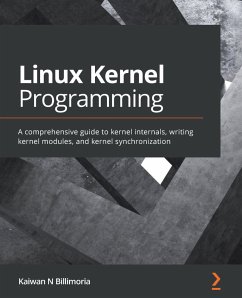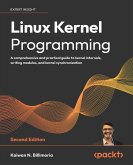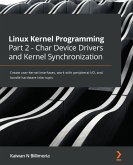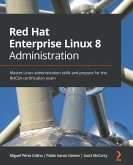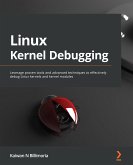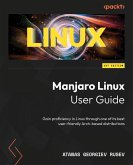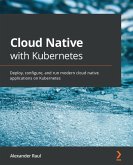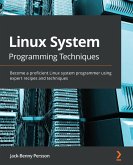You'll start the journey by learning how to build the kernel from the source. Next, you'll write your first kernel module using the powerful Loadable Kernel Module (LKM) framework. The following chapters will cover key kernel internals topics including Linux kernel architecture, memory management, and CPU scheduling.
During the course of this book, you'll delve into the fairly complex topic of concurrency within the kernel, understand the issues it can cause, and learn how they can be addressed with various locking technologies (mutexes, spinlocks, atomic, and refcount operators). You'll also benefit from more advanced material on cache effects, a primer on lock-free techniques within the kernel, deadlock avoidance (with lockdep), and kernel lock debugging techniques.
By the end of this kernel book, you'll have a detailed understanding of the fundamentals of writing Linux kernel module code for real-world projects and products.
Dieser Download kann aus rechtlichen Gründen nur mit Rechnungsadresse in A, B, BG, CY, CZ, D, DK, EW, E, FIN, F, GR, H, IRL, I, LT, L, LR, M, NL, PL, P, R, S, SLO, SK ausgeliefert werden.
Hinweis: Dieser Artikel kann nur an eine deutsche Lieferadresse ausgeliefert werden.

